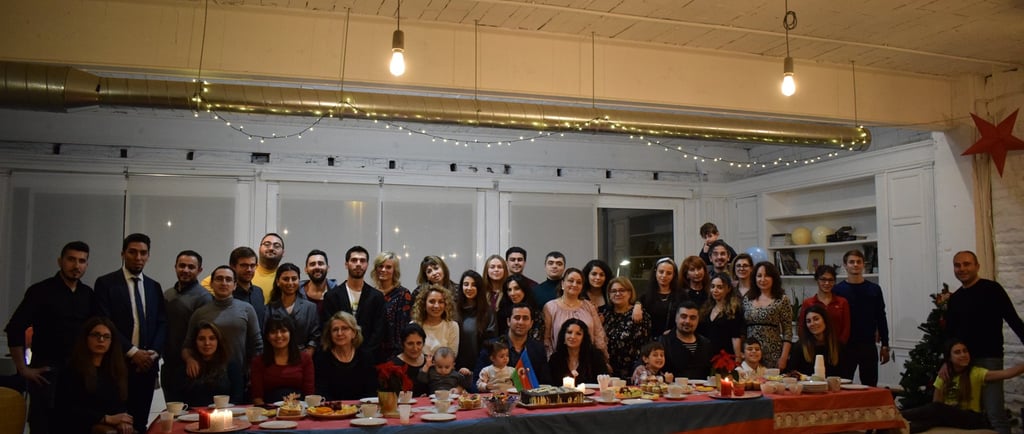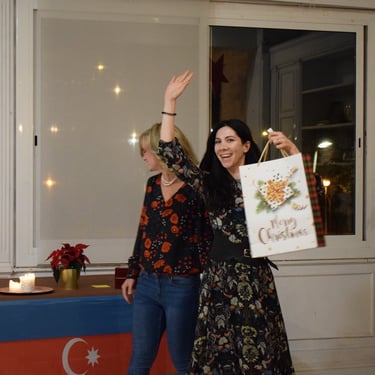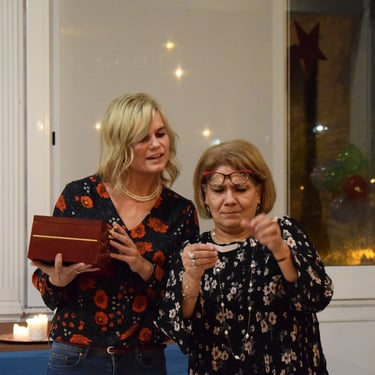December 31 – New Year & Day of Solidarity of World Azerbaijanis
HERITAGE & HISTORYPUBLIC HOLIDAYSAZERBAIJAN


The tradition of celebrating the New Year on January 1 dates back to 46 BC, when Roman ruler Julius Caesar introduced the Julian calendar. According to ancient Roman belief, the month of January was named after Janus, the god of beginnings and transitions, symbolizing new opportunities and fresh starts.
Throughout history, however, different nations marked the beginning of the year at various times. Often tied to agricultural cycles, some peoples began the year in early spring, while others celebrated it in late autumn. During the Middle Ages, many Western European countries observed the new year on December 25, March 1, or March 25, while Eastern European countries often began the year on September 1. The January 1 tradition gradually spread: it became common in Western Europe by the 16th century, in Russia by the 18th century, and later in other countries such as Japan (1873), China (1912), and Greece (1923). Today, New Year’s Eve is celebrated around the world with joy, festivity, and hope.
Alongside New Year, December 31 also holds special significance for Azerbaijanis worldwide as the Day of Solidarity of World Azerbaijanis. Declared a national holiday in 1991, this day symbolizes unity among Azerbaijanis living both in their homeland and across the globe. It is a reminder of shared cultural roots, collective identity, and the importance of staying connected as one global Azerbaijani family.
Thus, December 31 is not only a time to welcome a new year with optimism but also a day of solidarity, bringing together Azerbaijanis everywhere in the spirit of unity, culture, and hope for the future.
Azerbaijani community in Barcelona also celebrates this day every year with special gatherings and cultural events.








